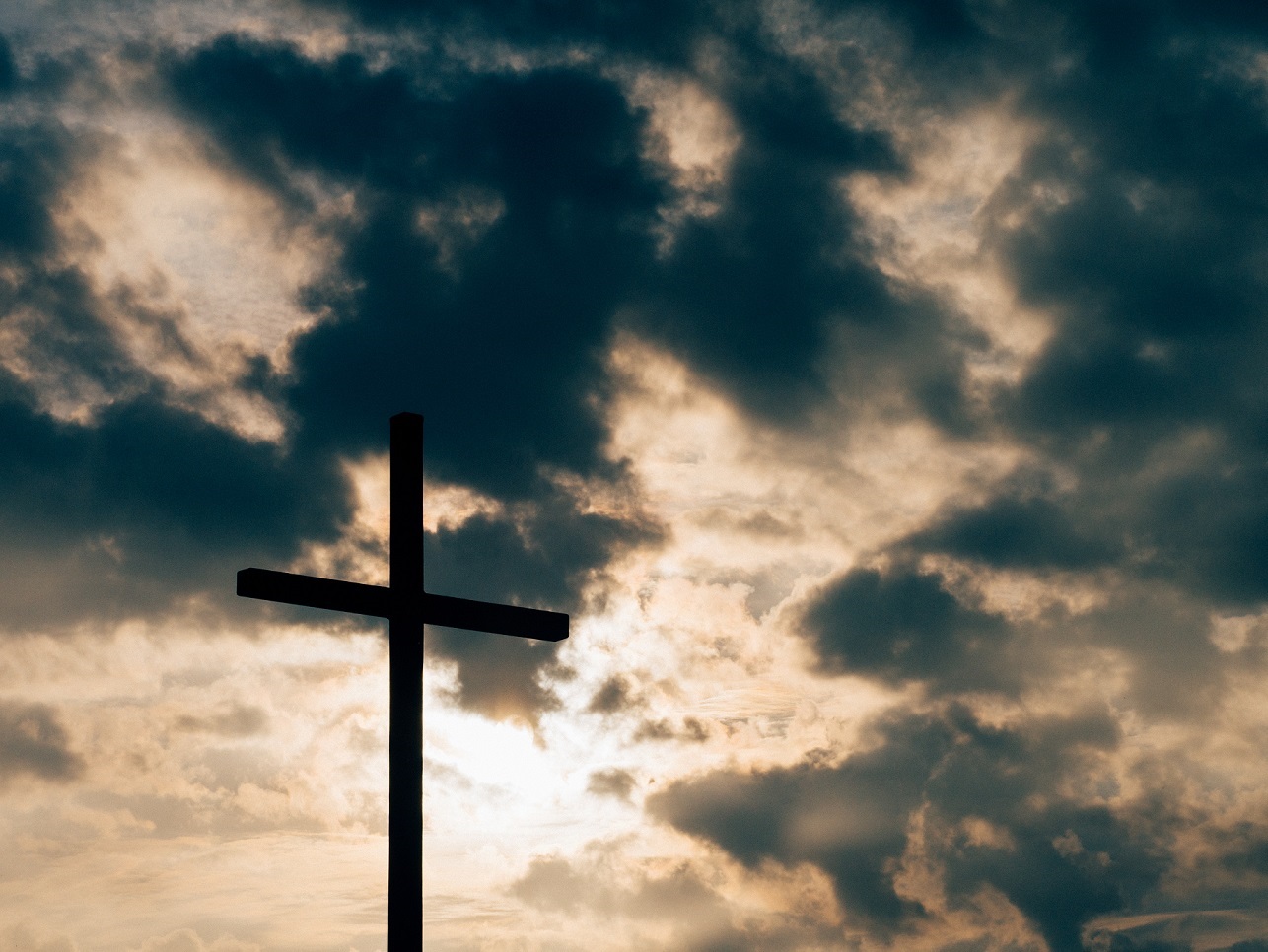Life is full of judgements
Most of us have passed assessments and exams in their life. It means that other people judge the results of our efforts and our capacities. It happens when we go for a swim diploma or a driver’s license, when we apply for a scholarship or a job, when we defend our master or doctoral thesis. In day-to-day life numerous little evaluations and judgments occur. Sometimes they bring us an inconvenient truth, criticizing or rejecting us secretly or even openly. Sometimes we question the authority and capability of the ones who judge us.
Paternal blessing of judgment and promise
What to say about a final judgment of our life? And who actually has authority to do this? Important to know what is the solid ground to pass this final life exam!
When Jacob, the old father of Joseph, is going to die, he speaks his last words for everybody of his sons, including Joseph. We find these words in the first book of the Bible, Genesis, chapter 49. It is nothing less than a prophetic voice speaking God’s truth about their lives. A paternal blessing that includes both judgment and promise.
The two cities
Imagine that we had been there. Imagine that we heard the truth of the eternal God about our life. Should it disclose an inconvenient truth? What actually is a solid reason to expect a hopeful future?
Jacob’s last words reveal the truth of two cities, representing two kingdoms. The one obvious, the other difficult to find. The one brilliant and appealing, the other humble and less attractive at first sight, the one disappearing, the other lasting. The two cities direct the main road in all our lives. God’s truth makes us discern which city harbours a real hopeful future.
Join us in the coming church service, November 12, in ICF Delft, 12:15 pm , Génestet Church, Oude Delft 102.
Taste and see that God is good
In the service we read part of the Bible (this Sunday Genesis 49), and we also celebrate the Holy Communion. The Holy Communion is a special celebration of what Jesus did for us. In HC we receive a piece of bread and a little bit of wine as signs of his broken body and shed blood. All who confess Him as their Saviour and Lord are very welcome to partake. If you are still unsure or searches to know God, you may come for a blessing, and we warmly invite you





